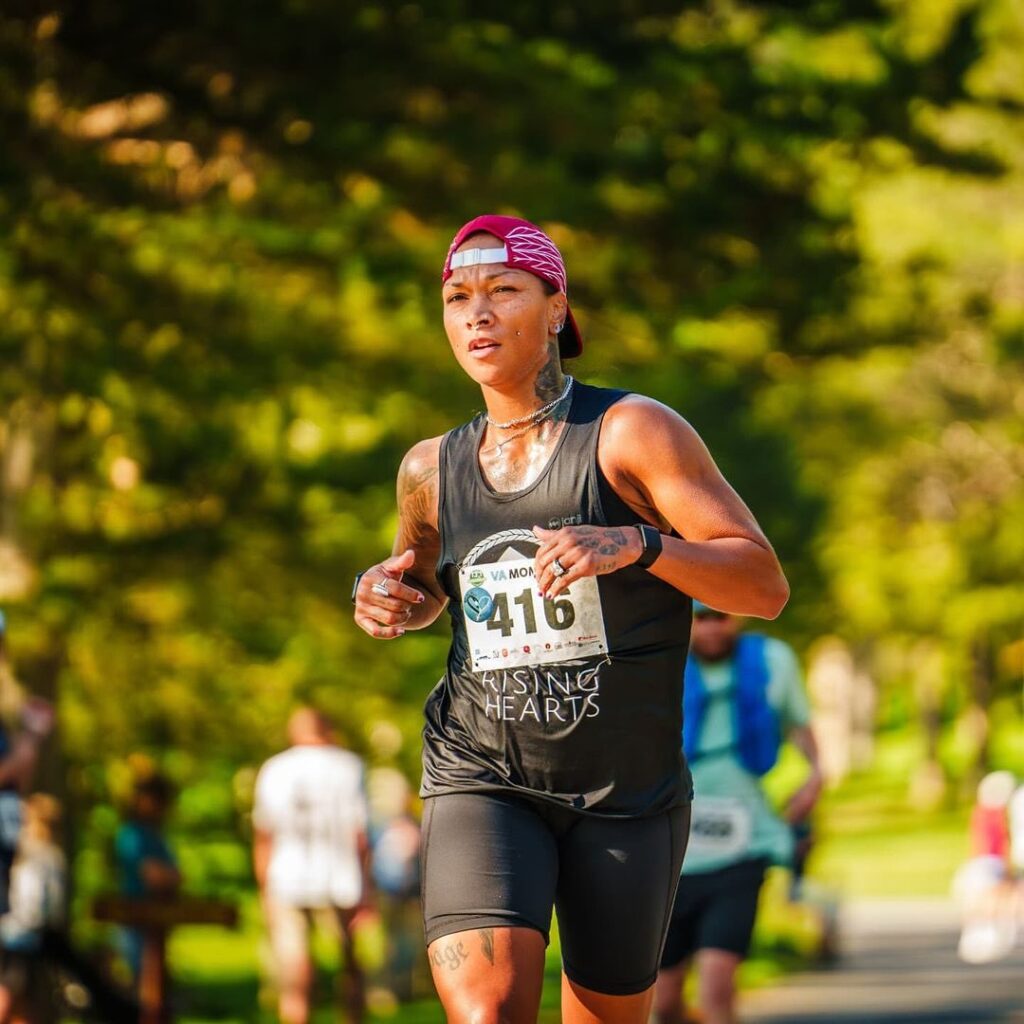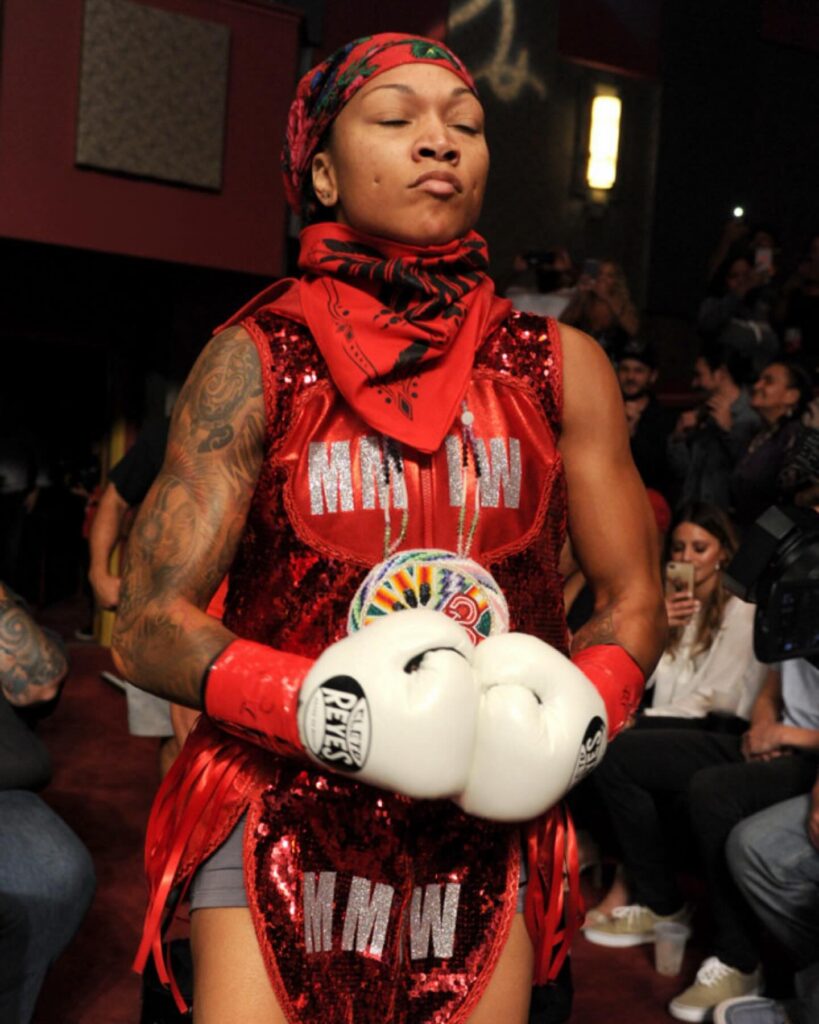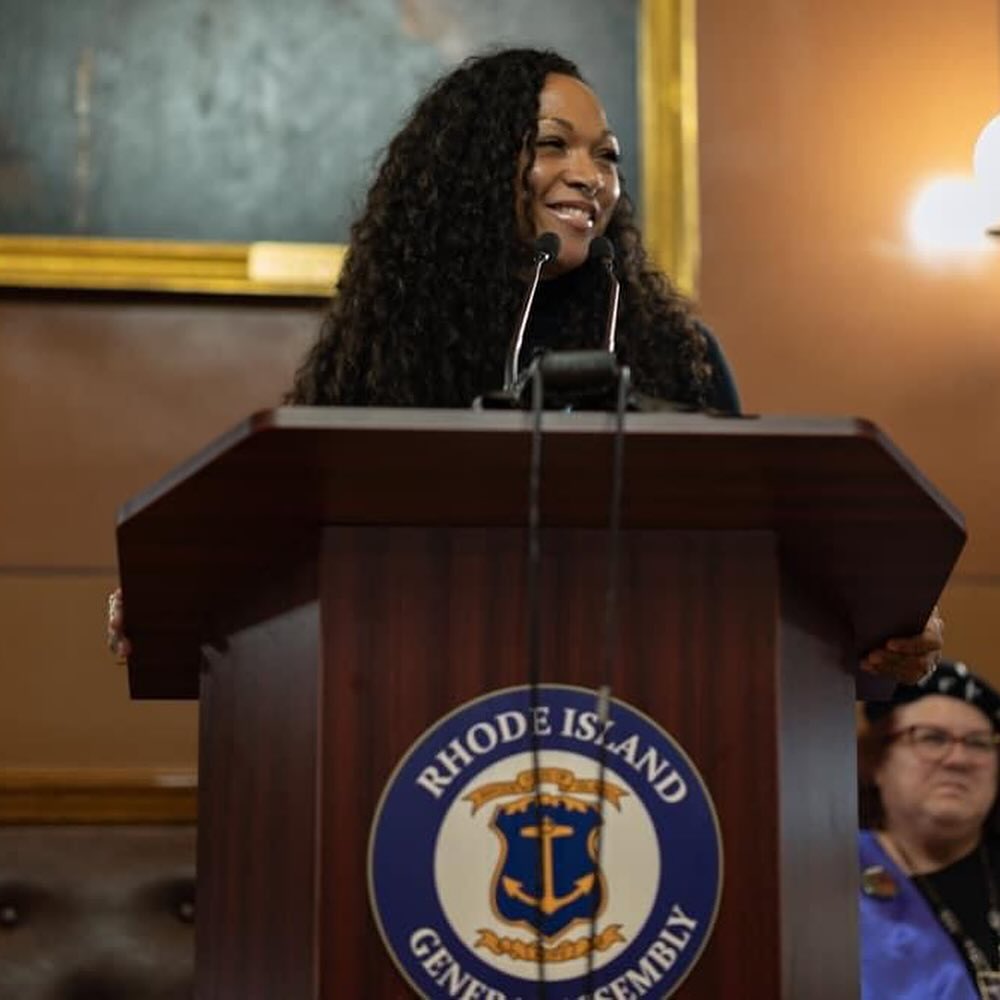Kali Reis is a professional boxer and actress known for her impressive achievements in the ring as well as her activism for Indigenous rights. Her background and roots are deeply intertwined with her identity, making her one of the most intriguing figures in women’s boxing today. As fans search for more details about “Kali Reis Ethnicity,” her diverse heritage and cultural identity stand out as defining aspects of her life. In this article, we’ll explore her ethnicity, family roots, and career journey.
Kali Reis Bio

| Attribute | Details |
|---|---|
| Full Name | Kali Reis |
| Date of Birth | August 24, 1986 |
| Place of Birth | Providence, Rhode Island, USA |
| Nationality | American |
| Profession | Boxer, Actress, Activist |
| Weight Class | Light Welterweight, Welterweight |
| Years Active | 2008–present |
| Boxing Record | 19 Wins, 7 Losses, 1 Draw |
Kali Reis Ethnicity is Native American and Cape Verdean

Kali Reis’s ethnicity is a rich blend of Native American and Cape Verdean heritage. She has often spoken about her pride in her diverse roots, emphasizing how her background has influenced her both as a person and as a professional boxer.
Reis is of Wampanoag and Cherokee Native American descent from her mother’s side, while her father is Cape Verdean, giving her a unique mix of cultural identities.
The Wampanoag people are one of the Native American tribes from the northeastern United States, particularly Massachusetts, while the Cherokee are one of the largest Native American tribes, with deep historical roots in the southeastern United States.
Kali’s Cape Verdean heritage adds an additional layer to her identity, connecting her to the island nation off the west coast of Africa.
Kali Reis has embraced both her Native American and Cape Verdean roots throughout her life. She has been an advocate for Indigenous rights, using her platform to bring attention to issues affecting Native American communities, such as the Missing and Murdered Indigenous Women (MMIW) movement.
This activism reflects her deep connection to her ancestry and the values passed down to her from both sides of her family.
Family Background of Kali Reis
Kali Reis grew up in a culturally rich environment, influenced by both her Native American and Cape Verdean backgrounds. Her mother was a strong influence in her life, instilling in her a sense of pride in her Native American roots.
Through her mother, Kali became deeply connected to her Indigenous heritage, learning about the traditions, values, and struggles of Native American communities.
Her father’s Cape Verdean roots also played a role in shaping her identity. Cape Verde is known for its diverse cultural history, blending African, Portuguese, and other European influences. This unique heritage has contributed to Kali’s personal and professional outlook on life, giving her a broad understanding of different cultural perspectives.
About Kali Reis Family
| Family Member | Name |
|---|---|
| Mother | Not Known |
| Father | Not Known |
| Siblings | Not Known |
While specific details about her family members are relatively private, Kali Reis has often credited her family for supporting her throughout her boxing career and her journey as an activist. Her family’s diverse background and cultural traditions have had a lasting impact on her life, helping her build resilience and determination both in and out of the boxing ring.
Kali Reis Career
Kali Reis began her professional boxing career in 2008 and quickly made a name for herself in the sport. She competes in the light welterweight and welterweight divisions, where she has earned multiple world titles.
Known for her aggressive fighting style and incredible stamina, she became the WBA female light welterweight champion and later the WBC female middleweight champion.
One of the highlights of her career was in 2018 when she fought against Cecilia Brækhus, the undefeated welterweight champion. Though Kali lost the match by decision, her performance earned her widespread recognition as a formidable competitor in women’s boxing.
Outside of the ring, Kali Reis is also an actress, starring in the 2021 film Catch the Fair One, a thriller that deals with the issue of missing Indigenous women. This role allowed her to combine her passions for acting and activism, further bringing attention to the plight of Native American women.
Kali’s career is not just about boxing titles—she uses her platform to raise awareness about social justice issues and advocate for underrepresented communities. Her activism, combined with her boxing success, makes her a trailblazer both in the sports world and beyond.
More Info about Kali Reis

Kali Reis’s journey in boxing and activism goes beyond her personal achievements. She uses her platform to highlight issues that matter to her, such as Indigenous rights and women’s safety. As a Native American woman of mixed heritage, Kali understands the importance of representation and strives to be a role model for young girls from similar backgrounds.
Her work in the Catch the Fair One film highlighted the crisis of missing and murdered Indigenous women, a cause that she is deeply passionate about. The film, which blends her skills as an athlete with her dedication to activism, further solidified her role as a prominent voice for Native American communities.
In addition to her boxing and acting career, Kali has worked as a coach and mentor for aspiring athletes. She believes in the power of sports to bring about positive change in people’s lives and uses her own experiences to help others navigate the challenges they face.
As she continues her career, Kali Reis remains focused on her dual mission: excelling in the boxing world while advocating for social justice. Her dedication to both pursuits makes her an inspirational figure for many, and her story continues to inspire people across the globe.
Kali Reis’s diverse ethnic background and unwavering commitment to her cultural roots have shaped her into the dynamic figure she is today. Her Cape Verdean and Native American heritage are not only integral parts of her identity but also serve as driving forces behind her activism and success in the boxing world.

